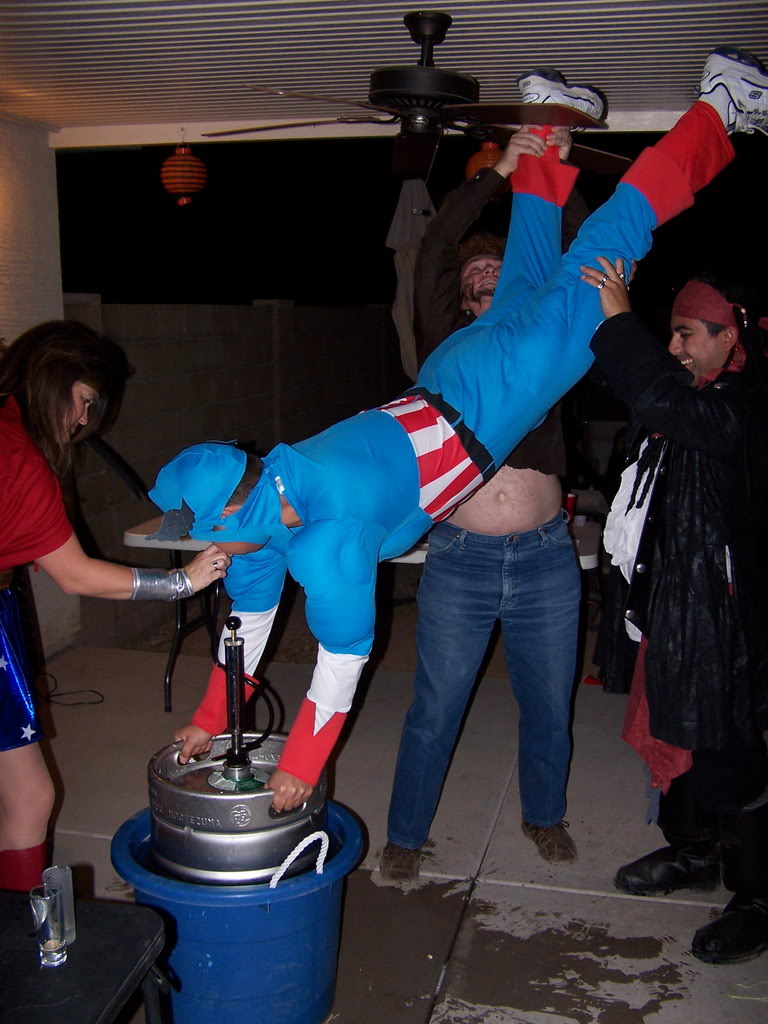Many Americans feel that their liberties are being continuously eroded through government overreach and overregulation.
But the following quotation from the eighteenth-century British statesman Edmund Burke makes one wonder: has the government’s erosion of liberty been preceded by the failure over time of Americans to live freely?
Burke writes:
“What is liberty without wisdom and without virtue? It is the greatest of all possible evils; for it is folly, vice, and madness, without restraint. Men are qualified for civil liberty in exact proportion to their disposition to put moral chains upon their own appetites; in proportion as they are disposed to listen to the counsels of the wise and good in preference to the flattery of knaves. Society cannot exist, unless a controlling power upon will and appetite be placed somewhere; and the less of it there is within, the more there must be without. It is ordained in the eternal constitution of things, that men of intemperate minds cannot be free. Their passions forge their fetters.”
Paradoxically, according to Burke, for human beings to retain their freedom – or better yet, become freer – they must place limits upon themselves. Otherwise, eventually, limits will be placed upon them by a “controlling power.”
















Leave a Comment
Your email address will not be published. Required fields are marked with *